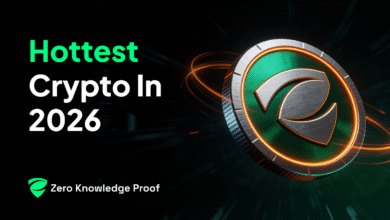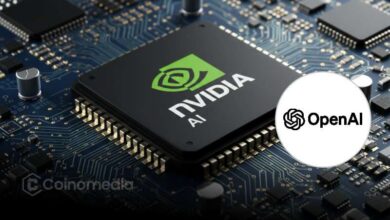SBI Shinsei Joins Tokenized Cross-Border Trial
SBI Shinsei Bank teams up with Partior and DeCurret for a trial on tokenized cross-border settlements.

- SBI Shinsei partners with Partior and DeCurret in settlement trial.
- Trial focuses on tokenized cross-border payment systems.
- Japan deepens its move into blockchain-based finance.
Japan Pushes Ahead with Tokenized Cross-Border Payments
SBI Shinsei Bank, a leading Japanese financial institution, has partnered with blockchain-based settlement network Partior and digital asset firm DeCurret to launch a trial focused on tokenized cross-border settlements. This initiative is part of Japan’s broader push to modernize its financial infrastructure using blockchain technology.
The trial aims to explore how tokenized currencies can improve the speed, efficiency, and transparency of international payments. Traditional cross-border settlements often suffer from delays, high costs, and limited traceability. By tokenizing assets and leveraging blockchain networks, transactions can settle nearly in real time with reduced counterparty risks.
Partior, originally backed by JPMorgan, DBS Bank, and Temasek, brings its experience in interoperable blockchain networks. DeCurret, a key player in Japan’s digital asset ecosystem, provides the local expertise needed for integrating tokenized payments into Japan’s regulatory framework. Together with SBI Shinsei, the trio is poised to test the future of global finance.
What This Means for Global Finance
This trial highlights growing interest from traditional banks in blockchain-based payment solutions. Tokenized cross-border settlements could drastically cut down operational costs and minimize errors common in the legacy systems used today.
Japan, known for its cautious but steady approach to digital finance, sees this initiative as a strategic step toward embracing financial innovation while ensuring regulatory compliance. If successful, this pilot could pave the way for broader adoption across Asia and beyond.
It also signals that banks are not waiting on central bank digital currencies (CBDCs) alone—they’re actively exploring alternative blockchain solutions for real-world applications.
Read Also:
- Bitcoin Dips Below $71K Amid Market Volatility
- ETH Price Rally and Avalanche’s Gains Are History: APEMARS Could Be the Next 100x Crypto With $155K Raised – 11,700% Window Nears Its End
- Bhutan Sells 184 BTC Worth $14M Amid Growing Crypto Activity
- $130B Vanishes from Crypto Market in 24 Hours
- Experts Reveal 4 Best Presale Cryptos to Join Today: ZKP Crypto, IPO Genie, Bitcoin Hyper, & Ozak AI!



